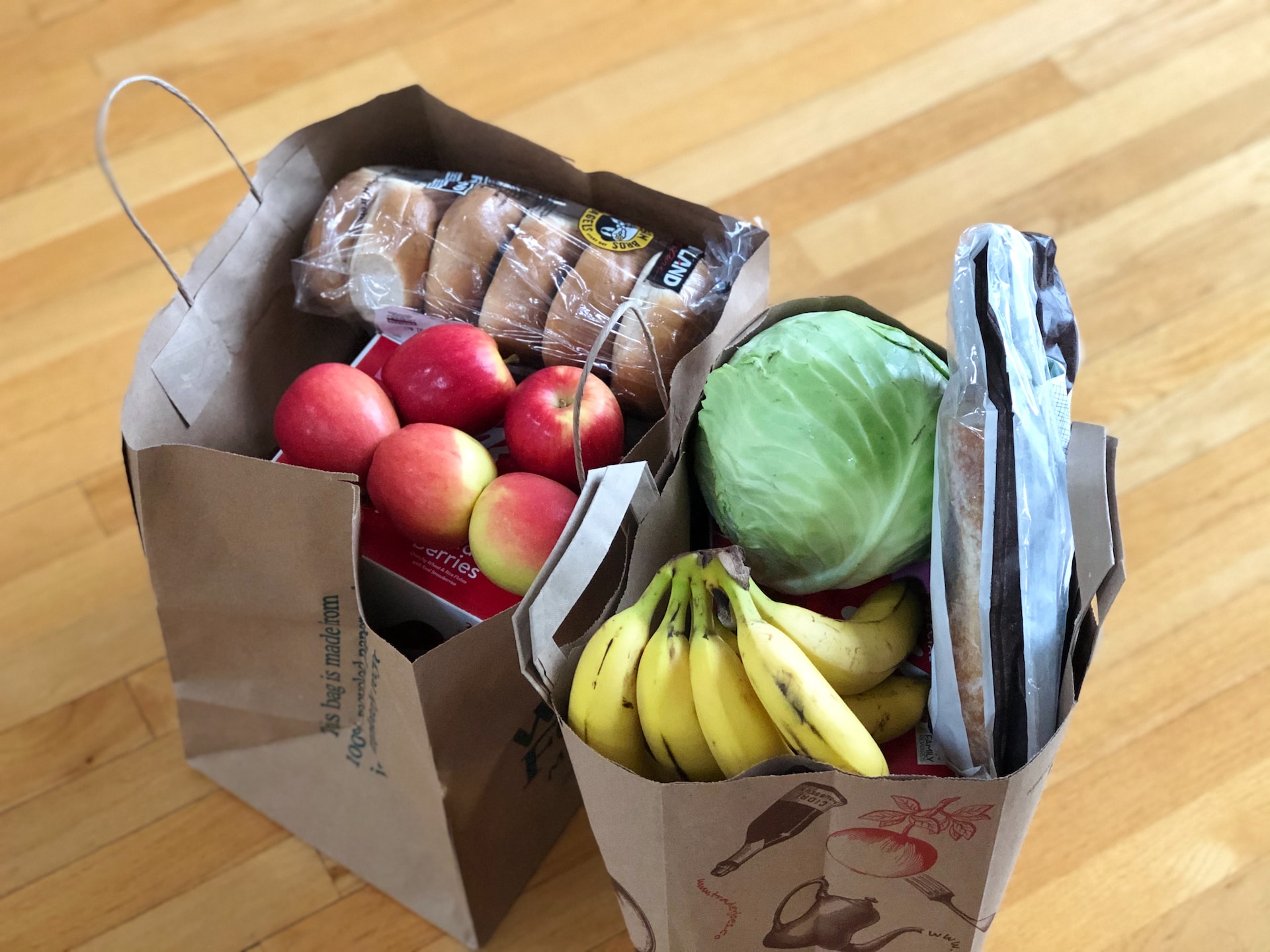Key Takeaways:
- Katif’s cost-effective vertical farming solution utilizes robotics to reduce labour and increase yield.
- Climate-agnostic system produces 5-25 times more than traditional farms.
- The system uses 90% less water and 30% less electricity in controlled greenhouses through pod circulation.
- Katif offers an innovative business model through open-source hardware and a Farm-as-a-Service subscription.
As population growth and climate change pose significant challenges to global food security, innovative farming techniques are rising to meet this demand head on. One such innovation comes from AgTech start-up, Katif, based in Tel Aviv, Israel. This company is pioneering a new approach to farming, developing a patent-pending vertical farming solution that, with the help of robotics, is set to revolutionize the future of food production.
Katif’s farming system is designed not only for present needs but with an eye firmly on the future. Addressing the urgent need for more sustainable farming practices, their system uses 90% less water and 30% less electricity than traditional farming methods. Furthermore, its yield is 5-25 times greater and it can be set up in virtually any location, making it climate-agnostic.
What truly differentiates Katif from other AgTech startups is its comprehensive business model – combining open-source hardware and a unique Farm-as-a-Service subscription. This approach makes farming accessible and economically viable to a wider range of people and places. Their farm design is open-source, meaning the majority of its components can be sourced or manufactured locally at unbeatable costs. This empowers local farmers to adopt and tailor the system to their specific needs, driving agricultural transformation at a grassroots level.
Moreover, Katif’s Farm-as-a-Service allows local farmers to implement the Katif Cloud operating system, which monitors and directs all tasks across the farm. This not only considerably raises yield through the stacked design but also reduces labour intensity through robotic automation. Payments are based on the additional profits gained by the local farmer, ensuring a mutually beneficial relationship.
Looking to the future, Katif aims to make its farming system fully autonomous. Through the successful prototype demonstration of 50% automation, Katif has proven their capability of moving towards the goal of “seeds in, crops out, with no farming experience required”. With the combined benefits of efficiency, sustainability, accessibility and commercial viability, it is clear that the future of AgTech lies in companies like Katif paving the way. As such vertical farming solutions continue to advance, the future of farming may be defined by this transformative approach, potentially rendering traditional strategies obsolete.
The global AgTech industry should pay keen attention to innovative start-ups like Katif. This revolutionary growing system is not only addressing the immediate challenges posed by population growth and climate change to agriculture but also helping to shape the future direction of farming worldwide. To learn more about Katif, visit their website and follow them on LinkedIn.
Looking to promote your brand to a targeted audience of startup founders, investors, and C-level executives? Check out our advertising opportunities and sponsored articles at StartupBubble.news! Reach out to us at [email protected] to discuss how we can help amplify your brand’s visibility and drive results. Don’t miss out on this opportunity to connect with our engaged readership. Contact us today!









